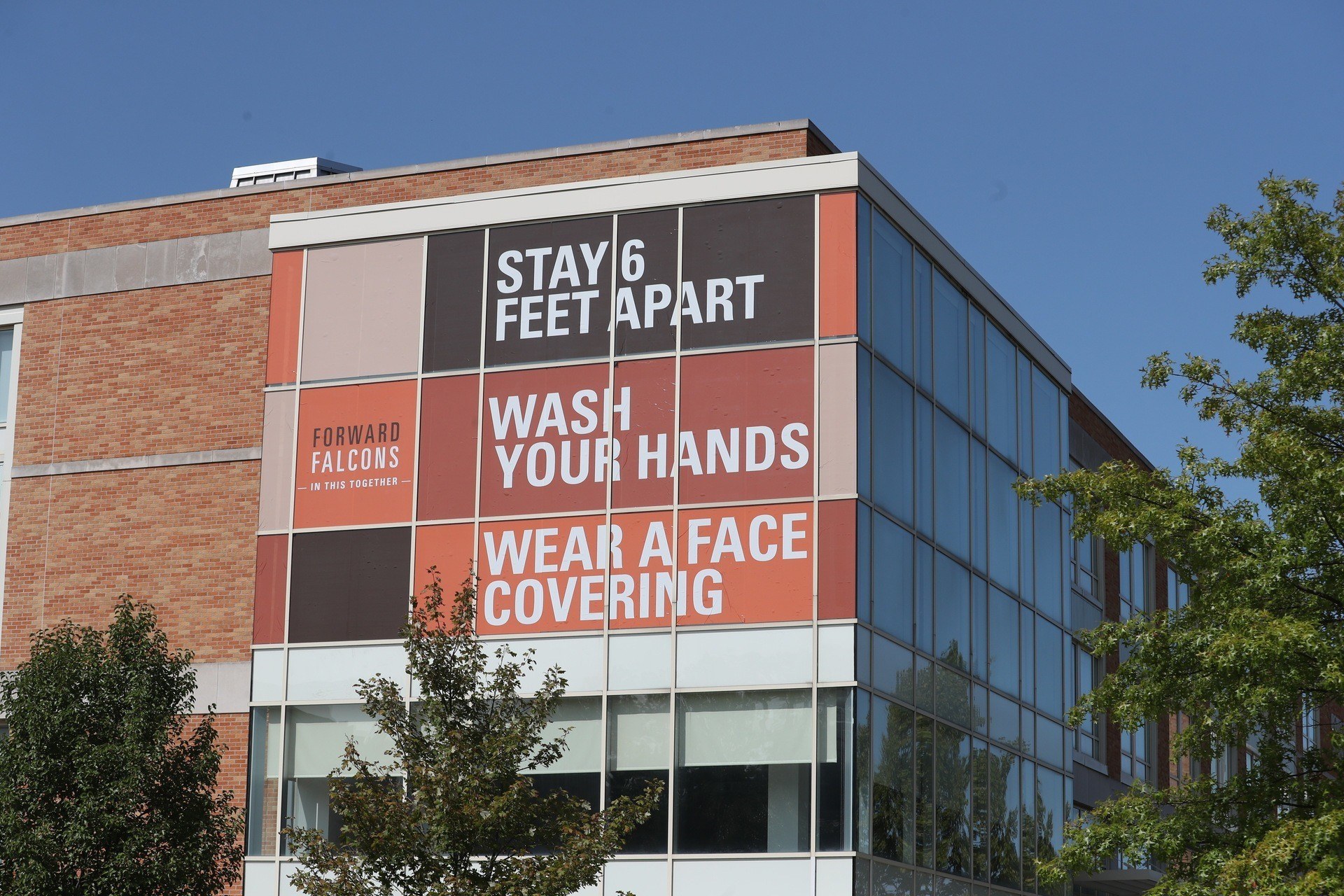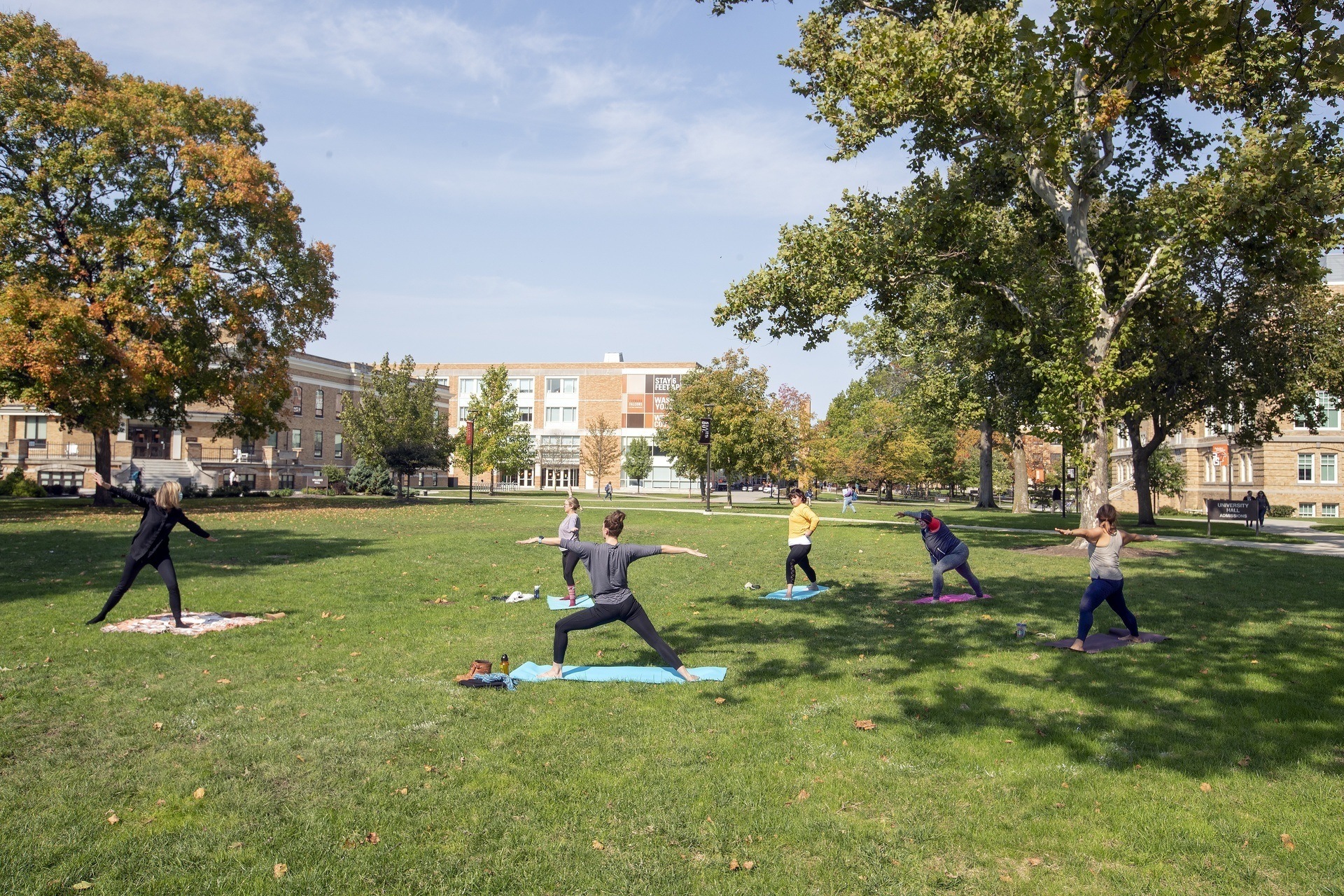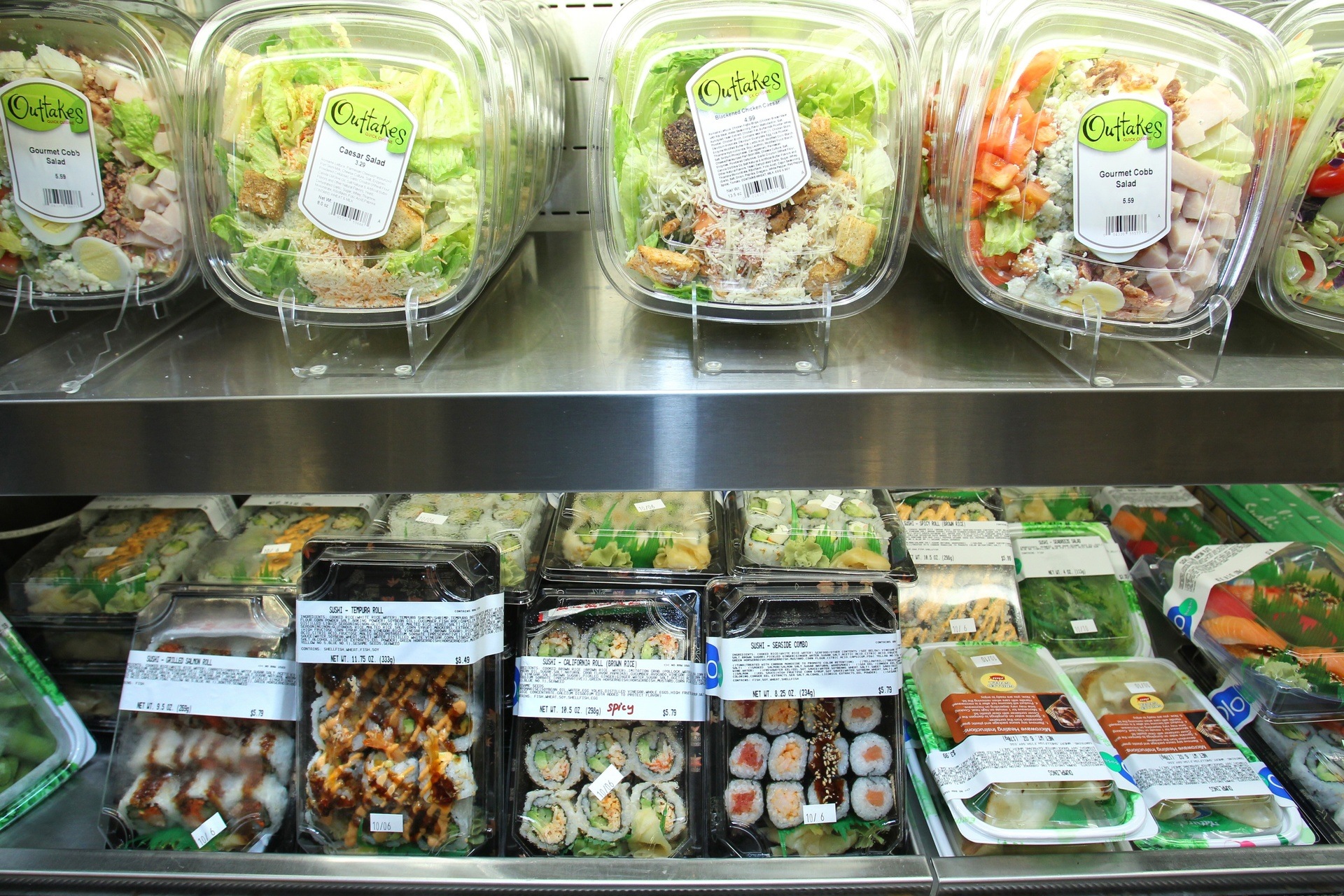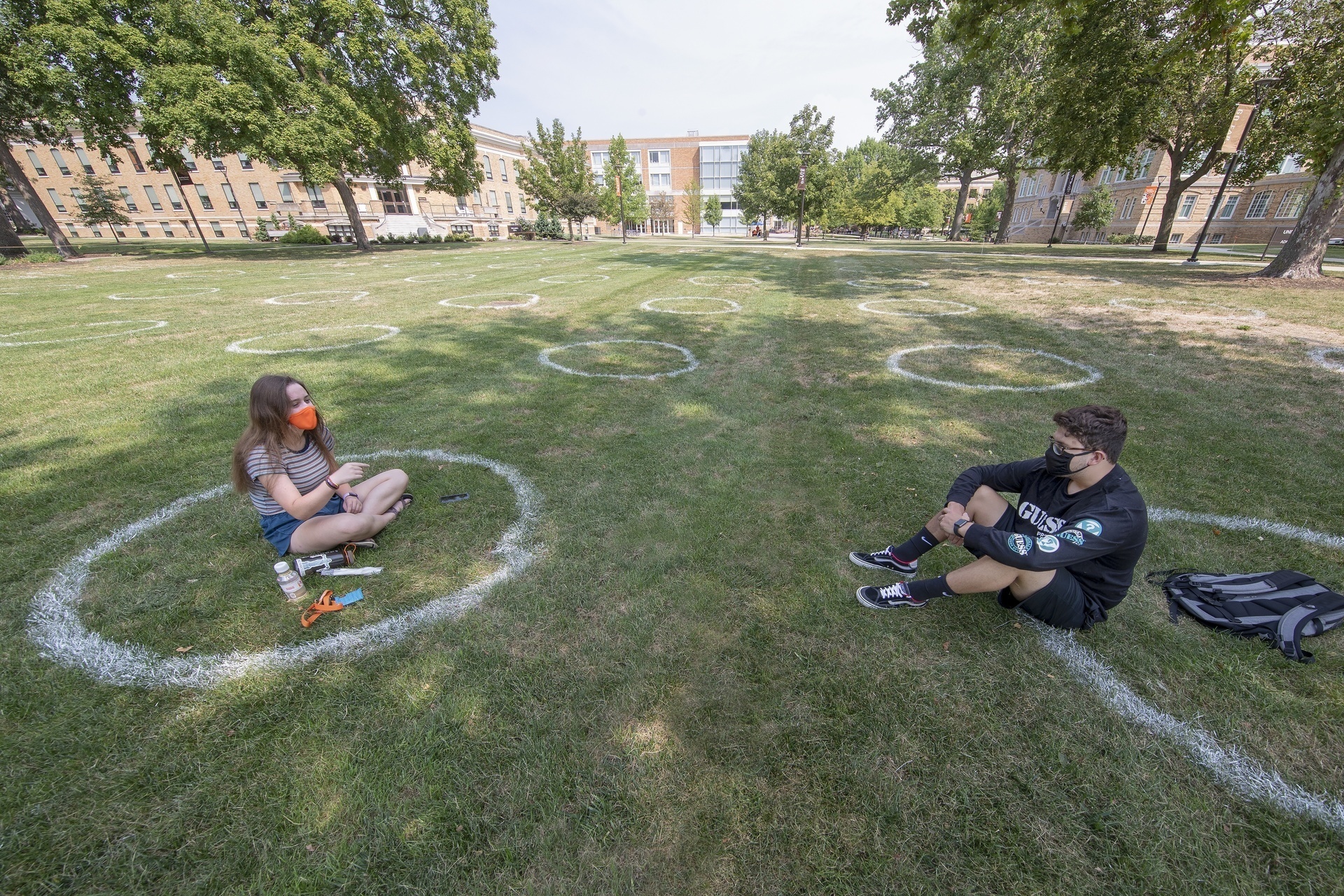
Embrace the “new normal” of post-COVID-19 society
Self-care tips from BGSU students
BGSU faculty offer tips for you to thrive in a COVID-19 society
By Kandace York
In March 2020, COVID-19 changed the way many people live. Adjusting to that post-COVID-19 life may take some new skills. Faculty members at Bowling Green State University share tips to thrive, focusing on three areas: physical activity, nutrition and mental health.
Physical activity

It’s easy to feel like your clothes are getting tighter. In isolation, you probably move around less, and what was once lean muscle is now fat, which takes more space. Dr. Jess Kiss, an assistant teaching professor who teaches exercise science in the College of Education and Human Development’s School of Human Movement, Sport and Leisure Studies recommended including physical activity as a regular part of your day.
Suggestions include:
- During your lunch hour, walk outside, sit down and enjoy your lunch there instead of heating up lunch and eating it at your work station.
- Take socially distanced nature walks before or after work, or during an occasional lunch hour.
- Stand up, if you can; you can even make a standing workstation from boxes or books.
“Check out the health/wellness opportunities through the Student Recreation Center,” she added. “I especially like the THRIVE program. They have virtual exercise classes, links to mindful meditation and educational sessions that focus on using exercise as medicine.”
Nutrition matters

The size of your grocery bill might not be the only thing that grew in recent months. Stress-eating can be an issue, said Dr. Carrie Hamady, an associate clinical professor of food and nutrition in the College of Health and Human Services. As a registered dietitian, she directs the University’s undergraduate dietetics program
She suggested:
- Drink water because sometimes you are thirsty and not hungry.
- Understand that sometimes it is OK to eat comfort food. “Food nourishes us in many ways. If you are just having a bad day and want some ice cream, go get a single serving of that,” she said. “However, if you realize that those bad days are recurring and food continues to be your ‘go to,’ then speaking to a registered dietitian about how to better work with that would be a good idea.”
- Pay attention to protein, fiber and whole grains. Even “light” snack calories add up, and empty calories are the worst. “If you need a pick-me-up between meals, I would recommend snacks that include a mix of all macronutrients, protein, carbs and fat. Good choices might include yogurt and fruit, peanut butter and celery or apples, apples and cheese, nuts and fruit, or veggies and hummus.
Mental health

The mental impact of COVID-19 and its surrounding protocol can be daunting, said Dr. William O’Brien, psychology. He is the interim director of the University's clinical psychology program. He directs its Mindful Behavior Therapy and Psychophysiology Lab and coordinates the University’s graduate program in the psychology department.
“COVID-19 represents a very difficult challenge for us. It is undetectable to human senses, yet can create severe harm and even death,” he said. The University offers a remote counseling center, and he recommended contacting a mental health professional when feeling overwhelmed.
"Everyday actions make a difference," he said:
- Adaptive responses – like mask-wearing, social distancing, reading the scientific literature on COVID-19 and engaging in rewarding activities reduce anxiety, promote accurate understanding, promote well-being and lessen risk for COVID-19.
- Realize that you can engage in small acts of heroism by utilizing personal protective equipment, physically distancing yourself from others, and providing encouragement and support to persons who are struggling.
- Know that you are important. “This is not unlike the times that our country has been tested in major threats like WWII,” O'Brien said. “Humble, determined and selfless acts of courage, and a willingness to suffer for the greater good bring honor into one's life."
Media Contact | Michael Bratton | mbratto@bgsu.edu | 419-372-6349
Updated: 11/30/2023 11:45AM
